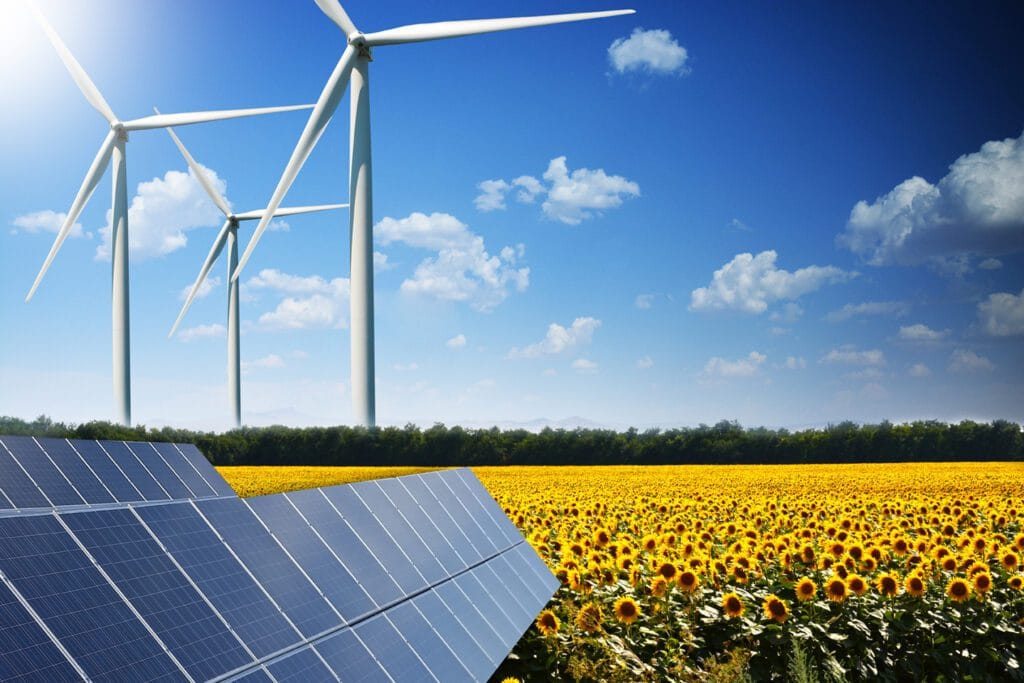Despite significant advances in the field of renewable energy, Morocco faces major challenges in improving its energy efficiency, a crucial pillar for strengthening the country’s energy security.
Launched under the impetus of King Mohammed VI, the National Energy Strategy (SEN) 2009-2030 aims to achieve 52% renewable energy in the electricity mix by 2030. To date, the share of renewable energy has increased from 32% in 2009 to 44.3% in August 2024. However, as highlighted by Zineb El Adaoui, President of the Court of Auditors, the energy efficiency aspect remains below expectations. Indeed, the goal of reducing energy consumption by 20% by 2030 is still distant, with a recorded savings rate of only 5.8%.
According to Saïd Guemra, energy expert, the period from 2010 to 2020 should have allowed for a cumulative saving of 10%, but these results cannot be demonstrated to date. This delay is attributed to insufficient funding, the lack of implementing texts for law n°47.09, and a lack of incentives for energy-intensive sectors such as industry and transport.
Leila Benali, Minister of Energy Transition and Sustainable Development, recently presented an approach integrating energy efficiency measures into investment projects and public spending. This strategy aligns with the New Development Model and aims to create 100,000 jobs in the energy sector by 2030. Furthermore, studies have been conducted to develop regional energy efficiency and decarbonization plans, particularly targeting the energy rehabilitation of local authorities.
In terms of regulation, the minister announced that texts currently being finalized include the revision of mandatory energy audit thresholds and the establishment of minimum standards for lighting systems. In addition, a bill is under consideration to strengthen the missions and autonomy of the Moroccan Agency for Energy Efficiency (AMEE).
According to Dr. Saïd Guemra, investing in sobriety and energy efficiency could significantly reduce the costs of renewable energy. He expresses confidence in the willingness of stakeholders in the energy transition sector to meet these challenges and improve Morocco’s energy performance.
With FNH


